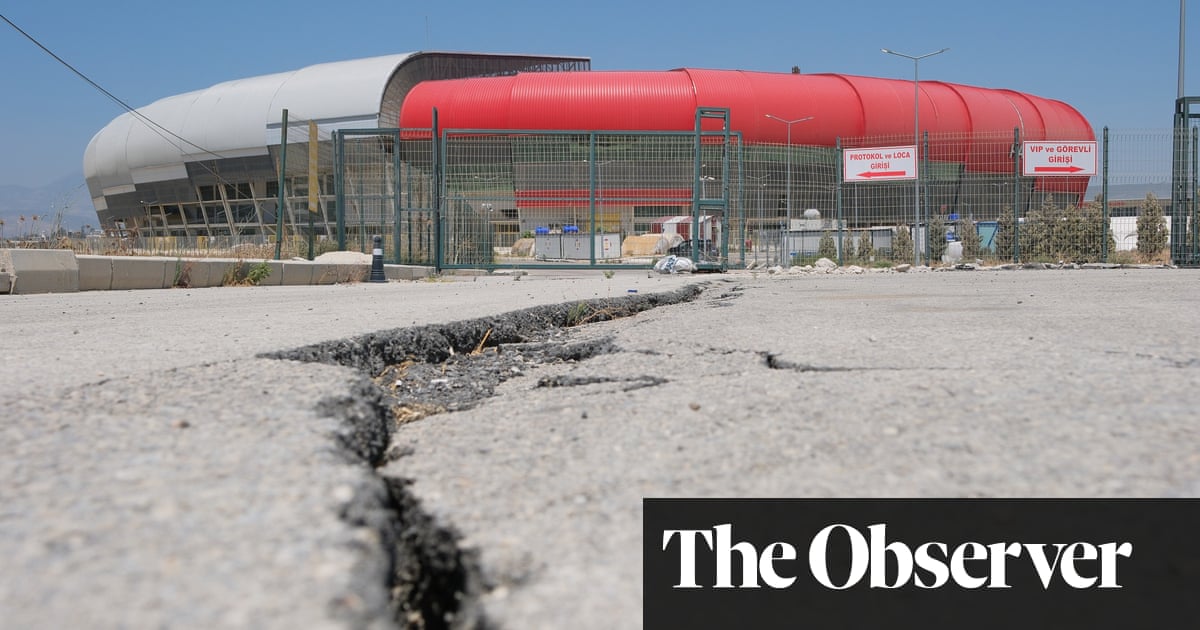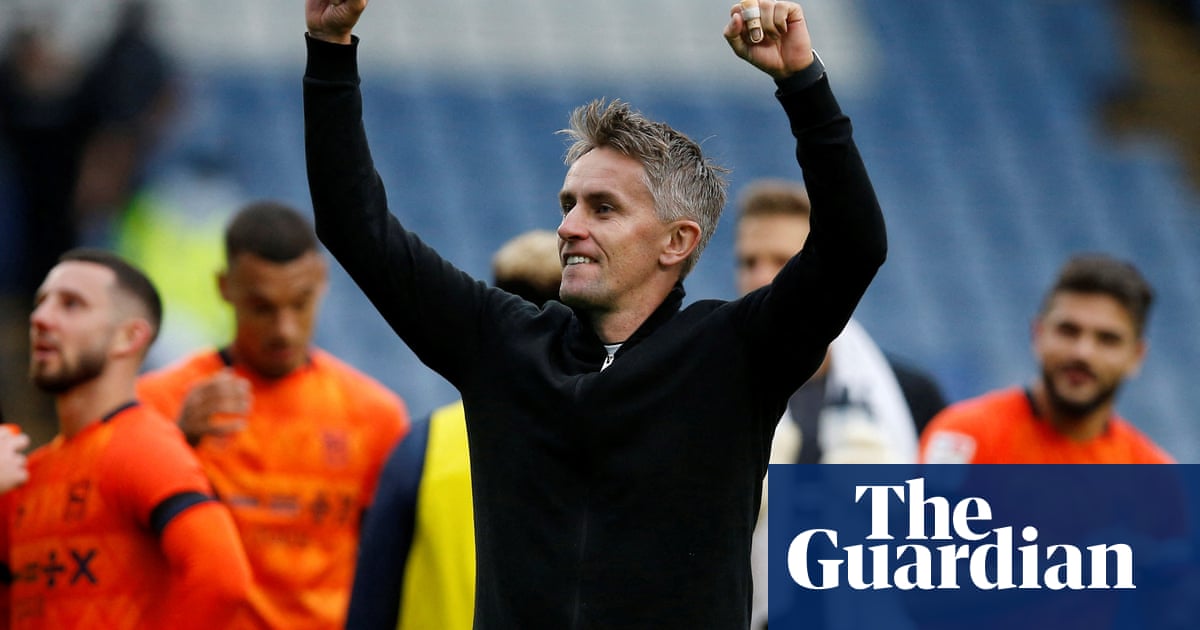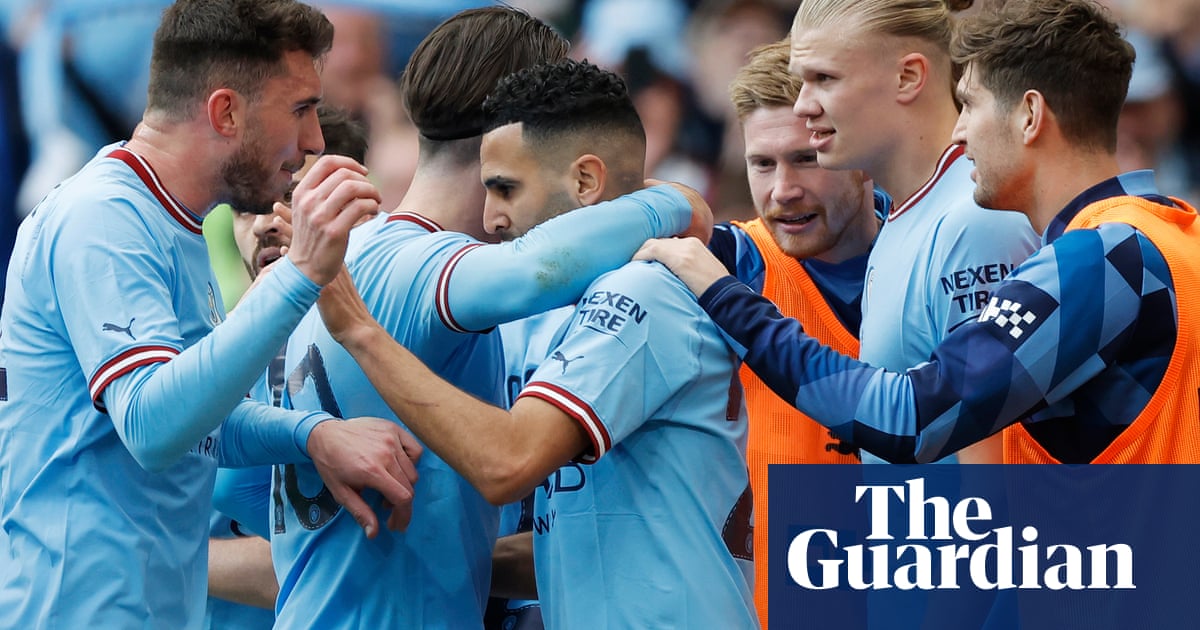
Five months ago, footballers in Ukraine could not afford to give a second thought to their sport. The horrors being inflicted by Russia’s invading forces left nobody untouched and the act of staying alive, while ensuring the same of their loved ones, was all that mattered.
Many players left their clubs for the country’s west, basing themselves in relatively calm locations; some sheltered underground with their families and, in a number of cases, teammates, for days on end. For those able to consider their professional futures, the idea of a swift return to competition bore little imagining and generally held even less appeal.
Wherever and whoever you are in Ukraine, those fundamental tenets of remaining safe and protecting the country will continue to override anything else. But on 23 August, barring a pronounced deterioration in the present security situation, something remarkable will take place. Whistles will blow in Kyiv, Lviv, Uzhhorod and perhaps Ternopil or Rivne; they will signify the start of a new football season in an act of defiance, cultural preservation and societal reconstruction that had appeared unthinkable.
Last Monday representatives from the Ukrainian FA, government ministries and the state emergency service gathered in Kyiv to discuss protocols that, once signed off, should allow the league to commence. “Holding football competitions during the war is not only about sports,” said Andriy Pavelko, the football association president. “It is about demonstrating the fearlessness of our people, the indomitable spirit and desire for inevitable victory. This is a unique initiative in world history: football against war in conditions of war, football for the sake of peace.”
The top flight’s order of play is still to be rubber-stamped and, given the uncertainty on the ground, may not become clear until kick-off is close. But the intention is for the usual 16-team format, with 10 sides intending to play home games in the Kyiv area and the rest further west. Games will be played behind closed doors amid a sizeable military presence. The viability of continuing play after interruption by air-raid sirens, a state of affairs that appears inevitable, is among the issues to be resolved. It is expected that the second tier will resume too.
Initial suggestions that the league would, at least in part, be played in Poland or another neighbouring country appear to have been headed off; that was thought to be the original preference of several bigger clubs, who have begun European campaigns outside Ukraine. Among those to vociferously oppose that idea were Kryvbas Kryvyi Rih, Volodymyr Zelenskiy’s fiercely patriotic hometown club, who stressed the “powerful, positive informational effect” of playing domestically and asked how Premier League teams could look the country’s soldiers and volunteers in the eye if they left to compete abroad.
Feelings err towards the positive but are nonetheless mixed. Footballers and coaches who talked to the Guardian were unanimous in savouring a return, but the backdrop of danger is inescapable. “Everyone wants to play: this is what we love, this is our life,” one player from a top-six club said. “But when emotions subside and the mind turns on you realise it’s not safe and no one gives any guarantees, because there are none except to play outside Ukraine. Then it becomes unclear how to relate to the situation.”
For some clubs, the wartime turnover in staff means fielding a competitive team will be an achievement. But, in another sign the tide is beginning to turn, some of the league’s foreigners are trickling back. “A significant step for all of Ukraine,” was how Yuriy Vernydub – the Kryvbas manager, who coached the Transnistrian side Sheriff Tiraspol in the Champions League last season before leaving to fight in the Ukrainian army – referred to the Croatian defender Dragan Lovric’s decision to sign back on with the club. The English winger Viv Solomon-Otabor, formerly of Birmingham and Wigan, has also returned to Rukh Lviv for the season.
That is in spite of Fifa’s ruling that players from abroad can suspend their contracts with Ukrainian clubs until 30 June 2023, meaning they have the right to play elsewhere without being sold. Shakhtar Donetsk, whose squad is packed with Brazilians, are seeking €50m in damages to reflect potential lost revenue from sales and have submitted papers to the court of arbitration for sport.
There is an overriding sense of relief, though, that most clubs have survived. Of last season’s Premier League sides, only Desna Chernihiv and FC Mariupol will not compete; both have seen their local infrastructures ravaged and intend to return during peacetime. Others are relieved to be back in business and feel they have been operating on a ticking clock.
“We can’t afford to lose even a year, it will cause so much damage to Ukrainian football,” the Veres Rivne general director, Anton Nazaruk, told the Guardian. “A year now is equal to 10 years of development. Our task is to unite our people in these hard times and also to keep the sport alive. Life goes on: we want peace and we play for peace.”
Friendlies have been played across the country this month, with the obvious exception of areas close to active conflict, with no serious hitches. Every club will have their own story to tell over the coming campaign: it could be Metalist Kharkiv, who have left their endangered home city to be based in the village of Shchaslyve just outside the capital; or there is the example of second-tier club Obolon Kyiv, who recently made an emotional return to their base in Bucha, where some of the most horrifying atrocities known to have been perpetrated by the Russians took place, after it underwent several rounds of demining.
The best-laid plans could change in second but a visible display of football’s transcendent power may only be weeks away. “Everyone has a great desire to show we are alive and will achieve all the goals we set for ourselves,” the Metalist executive director Andriy Nedelin said recently. “Everyone’s eyes are burning to get out on the pitch and show ordinary fans, ordinary Ukrainians, that everything in our country will only get better every day.”












